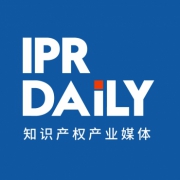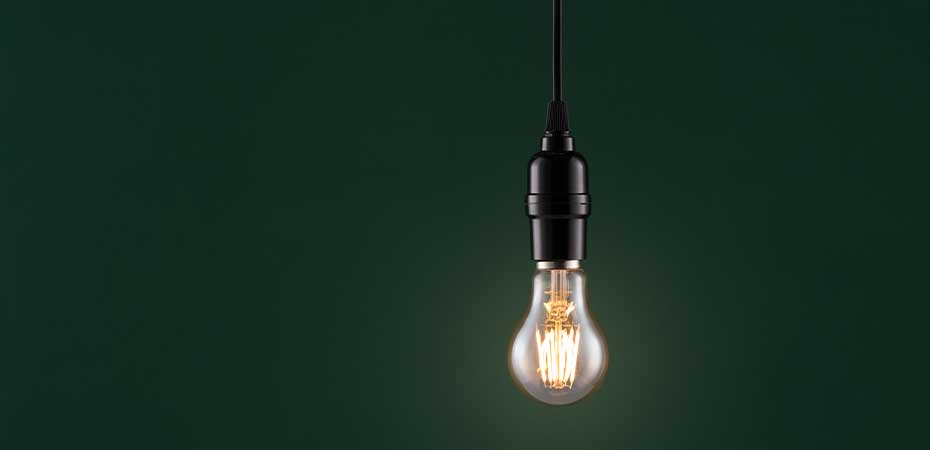Did not receive verification mail? Please confirm whether the mailbox is correct or not Re send mail

IPR Daily
- 2022-10-21 15:08:15
Exhaustion of Intellectual Property Rights in Singapore
"An act which, apart from this subsection, would constitute an infringement of a patent for an invention shall not be so if -…
… (g) subject to subsections (3) and (5A), it consists of the import, use or disposal of, or the offer to dispose of, any patented product or any product obtained by means of a patented process or to which a patented process has been applied, which is produced by or with the consent (conditional or otherwise) of the proprietor of the patent or any person licensed by him, and for this purpose "patent" includes a patent granted in any country outside Singapore in respect of the same or substantially the same invention as that for which a patent is granted under this Act and "patented product", "patented process" and "licensed" shall be construed accordingly;"
"(1)… a registered trade mark is not infringed by the use of the trade mark in relation to goods which have been put on the market, whether in Singapore or outside Singapore, under that trade mark by the proprietor of the registered trade mark or with his express or implied consent (conditional or otherwise).
(2) Subsection (1) shall not apply where -
the condition of the goods has been changed or impaired after they have been put on the market; and
the use of the registered trade mark in relation to those goods has caused dilution in an unfair manner of the distinctive character of the registered trade mark.
In Singapore, the question of whether an intellectual property right (such as a registered trademark or a patent) can be enforced by way of an infringement action against the sale of genuine goods placed on the market in another country and then parallel imported into Singapore, is governed by an area of law called 'exhaustion'.
Singapore's exhaustion defences are provided for in the legislation governing patent and trademark law. Both are international in nature. In other words, the placing of genuine goods on the market anywhere in the world exhausts the IP right owner's ability to use its IP in Singapore to prevent importation of those goods into Singapore and subsequent disposal of them in Singapore.
However, for patents, the general international exhaustion defence is subject to certain limitations in respect of pharmaceuticals. Where the limitations apply, Singapore's approach to exhaustion of patents is national in nature.

Patents
For patents, the Singapore Patents Act[1], section 66, contains the legislative provisions defining the exhaustion defence. The general defence is provided in section 66(2); in respect of pharmaceuticals it is subject to the limitations provided in subsections (3) to (5A).
The general defence is provided in section 66(2), which states:
The defence applies to dealings in respect of, and use of, an imported patented product or a product obtained by means of a patented process. However, the defence does not apply to the use of a patented process in Singapore. The defence applies even if the proprietor of the patent in Singapore is different from the proprietor of the patent in the country of manufacture, for example because the original owner of the patents in both Singapore and the country of manufacture subsequently sold its rights in the latter patent.
For the purpose of determining whether the product in question was produced by or with the consent of the owner of the patent, any condition imposed by the patentee restricting the resale of the product outside the territory of manufacture/first sale must be disregarded. Contractual terms and label disclaimers do not operate to override operation of the exhaustion defence in patent law in Singapore.
Pursuant to section 66(3), the general exhaustion defence does not apply (broadly speaking) to the importation of pharmaceuticals, in particular those: not previously sold or distributed in Singapore by or with the consent of the proprietor of the patent or their licensee; and the import of which would amount to breach of contract between the proprietor of the patent and a licensed distributor outside Singapore, and of which the importer would have knowledge.
Pursuant to section 66(5A), the general exhaustion defence does not apply to the import or sale of, or the offer to sell, any relevant health product produced for export to a country which is an eligible importing member of the World Trade Organisation (i.e. the least developed countries).
Additionally, a specific defence is also provided in section 66(2)(i) for the importation and disposal of a patented pharmaceutical for use by a specific patient in Singapore, in qualifying circumstances.
Trademarks
For trademarks, the Singapore Trade Marks Act, section 29, contains the legislative provisions defining the exhaustion defence. It states:
In Samsonite IP Holdings Sarl v An Sheng Trading Pte Ltd [2017] 4 SLR 99, the Singapore High Court held that for the purposes of subsection (1), "put on the market" has a broader meaning than just an act of sale; it also refers to such acts where the proprietor of the mark has realised the commercial and economic value of the mark, and thus is deprived of the right to control the subsequent exploitation of the goods.
Singapore's exhaustion regime governs rules on parallel imports of genuine goods into Singapore - what genuine goods can be imported and from where. If your business is involved in or interested in the movement into Singapore of goods protected by a trademark or a patent, then you need to understand what the law on 'exhaustion' of intellectual property is in Singapore.
[1]: Chapter 221; Original enactment Act 21 of 1994; revised edition 2005
Source: GOWLING WLG-Vivian Wei Cheng
Editor: IPR Daily-Ann
- I also said the two sentence
- Also you can enter 140words
 Counterfeit Champion Hit with 10.5 Million RMB in Punitive Damages
Counterfeit Champion Hit with 10.5 Million RMB in Punitive Damages USPTO Director: Board Abused Discretion by Instituting Two IPRs on Same Patent Based on Competing Claim Constructions
USPTO Director: Board Abused Discretion by Instituting Two IPRs on Same Patent Based on Competing Claim Constructions Google Says SCOTUS Decision in Cox vs. Sony Will Impact Publishers’ Lawsuit
Google Says SCOTUS Decision in Cox vs. Sony Will Impact Publishers’ Lawsuit Applying Generative AI Tools to Patent Law Practice
Applying Generative AI Tools to Patent Law Practice


